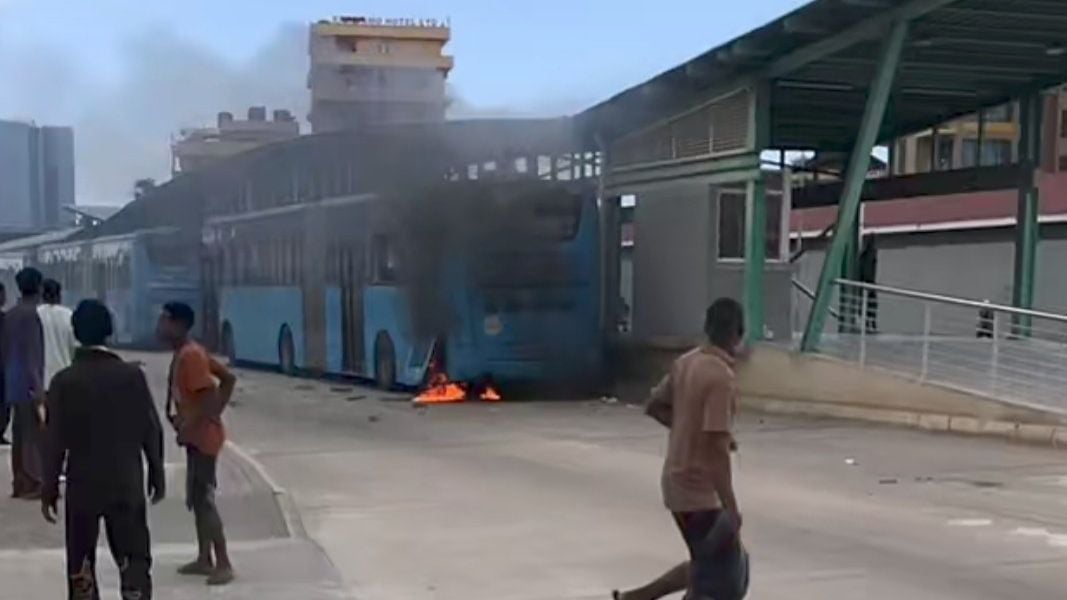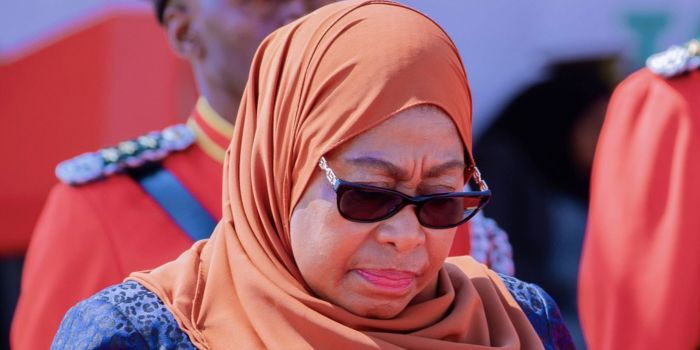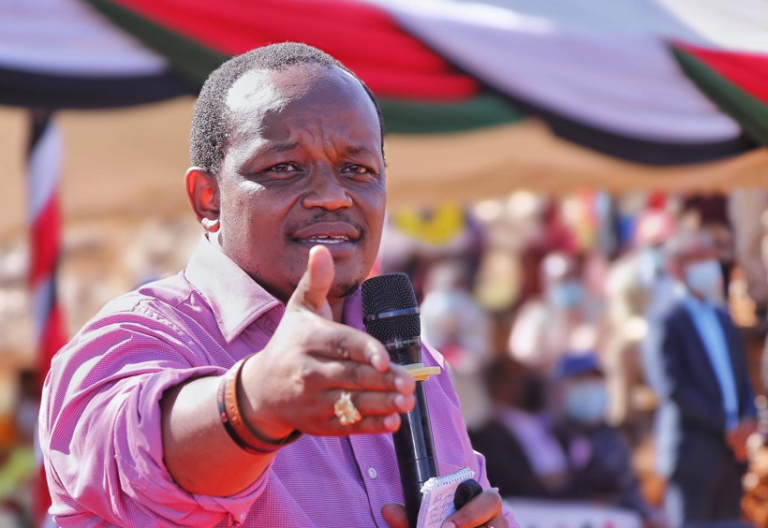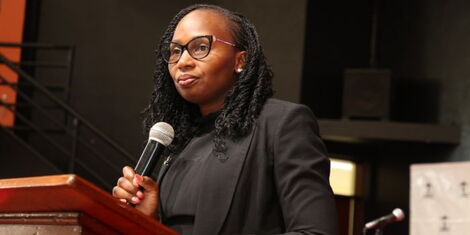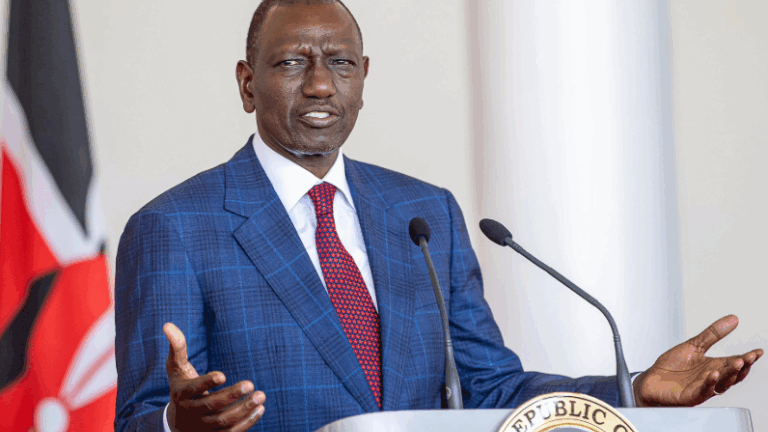
In a move that’s caught the nation by surprise, President William Ruto has extended the mandates of two critical government committees—one tackling the raging crisis of gender-based violence (GBV) and femicide, and the other overseeing leadership at the Kenya National Commission on Human Rights (KNCHR).
The unexpected announcement, published in the Kenya Gazette on June 13, was delivered by Head of Public Service Felix Koskei and has sparked renewed debate on the urgency and gravity of these national concerns.
First, the President extended the term of the 42-member Technical Working Group on Gender-Based Violence and Femicide by an additional 30 days—pushing its deadline from June 9 to July 8, 2025. The task force, chaired by former Deputy Chief Justice Dr. Nancy Baraza, was originally appointed on January 10 in response to the alarming spike in femicide cases across Kenya.
Among its high-profile members are Faith Odhiambo, President of the Law Society of Kenya; investigative journalist Franklin Wallah; ex-minister Linah Jebii Kilimo; and Dr. Sam Thenya, founder of the Nairobi Women’s Hospital.
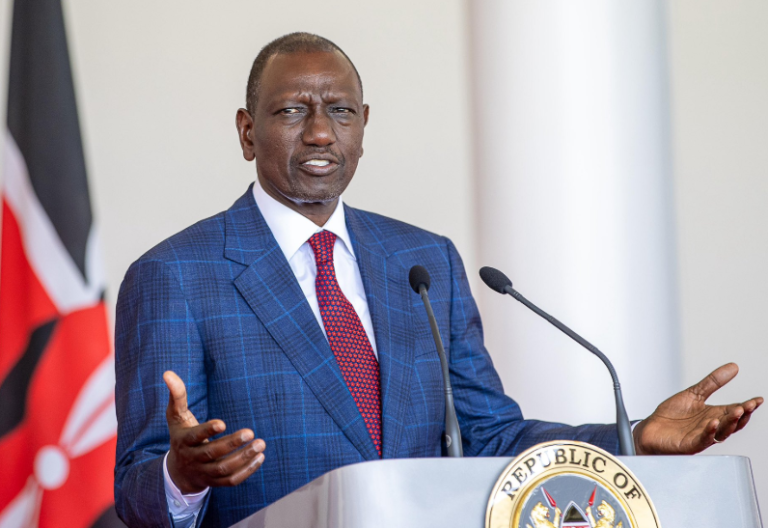
The group has been mandated to conduct a thorough review of Kenya’s institutional, legal, and policy response to GBV and femicide. Their job? Identify patterns, strengthen laws, and propose real, actionable reforms. Their extension signals the administration’s acknowledgement that the crisis is far from over.
But that’s not all.
In a separate directive, President Ruto also prolonged the term of the Selection Panel tasked with appointing a new KNCHR chairperson—adding an extra 10 days to their timeline. The urgency stems from the sudden death of Roseline Odhiambo Odede, the former chair, who passed away on January 3.
The panel, which includes prominent names like Joe Ager, Faith Odhiambo, Prof. Kenneth Wyne Mutuma, and Dr. Irene Cherotich Asienga, was appointed on April 11. Though the president initially did not indicate their term limit, the new extension reinforces just how critical this appointment is for the country’s human rights landscape.
With Kenya grappling with rising cases of GBV, public trust in justice systems hanging by a thread, and KNCHR leadership still in transition, these committee extensions are more than procedural—they’re a flashing red light on the state of the nation.
President Ruto’s move is being seen as both a response to mounting pressure and a test of his administration’s commitment to addressing systemic violence and protecting human rights. As the clock ticks on these extended timelines, Kenyans are watching closely—demanding not just reports, but real change.


